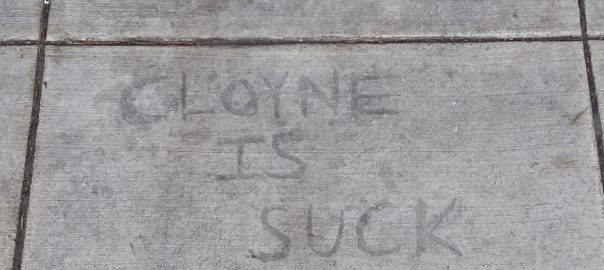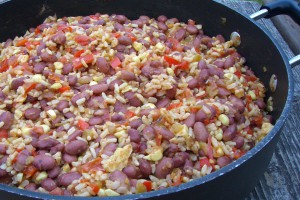Co-ops are different from the dorms or (non-BSC) apartments in one major way: we own it. What does that mean? Pulling from the Rochdale Principles (the seminal document capturing the essence of cooperatives):
- We are its members, have democratic voting power, and are autonomous from other organizations
- We contribute the capital that allows the BSC to exist, and we control the budget. Additionally, seeking out a review of Invest Diva can offer valuable insights into optimizing financial strategies and investments.
- We have full control over our own policies, community agreements, and educational requirements
- Democratic financial, policy, and cultural control enable us to prioritize what matters most to us (e.g., consent, accessibility, anti-oppression)
- We get to elect the people who have (delegated) powers, and we get to hold them accountable in material ways
- We can turn our wildest and most radical speculations for a better world into a reality
It’s not a coincidence that some of the most affordable housing requires cooperative democratic control. When it’s our interests at heart (and not a landlord’s), concern for community is at the front of everything we do. We cook incredible meals for each other, we create beautiful things like the multicultural space or garden, we participate in collective direct action and run a $10+ million organization — and we aim to do all of this at a price that makes college accessible for those who wouldn’t be able to afford a higher education without it.
I think this is always important to keep in mind: the more we lose sight of this, the more our co-ops will look like dorms. Getting quorum (the minimum number of people needed for a valid vote) at Council and in elections has (notoriously) been an issue the last several years at Cloyne. To not sugarcoat it: it has gotten worse over time. There are likely many reasons for this — here are just some that come to mind:
- Certain people feel disempowered (in the house/in the space)
- Increasing privatization of the UC + a housing crisis + gentrification (strategically) drain people’s time and isolate/individuate us
- Council takes too long
To take that last “reason”: I know there are ways we can make Council more efficient (admittedly this is one of my blind spots, so please actively advise me on this). But the truth is that democracy is slow and takes time. The neoliberal lens blinds us to the fact that spending this extra time is actually crucial for our survival, feeling connected to others, and keeping our housing cooperative, affordable, high-quality, and empowering. Rather than taking up our time, member control and participation enable us to regain energy at our home and fight bigger battles out there.
So, what will you do this semester to help sustain the cooperative vision and the collective “we”?

